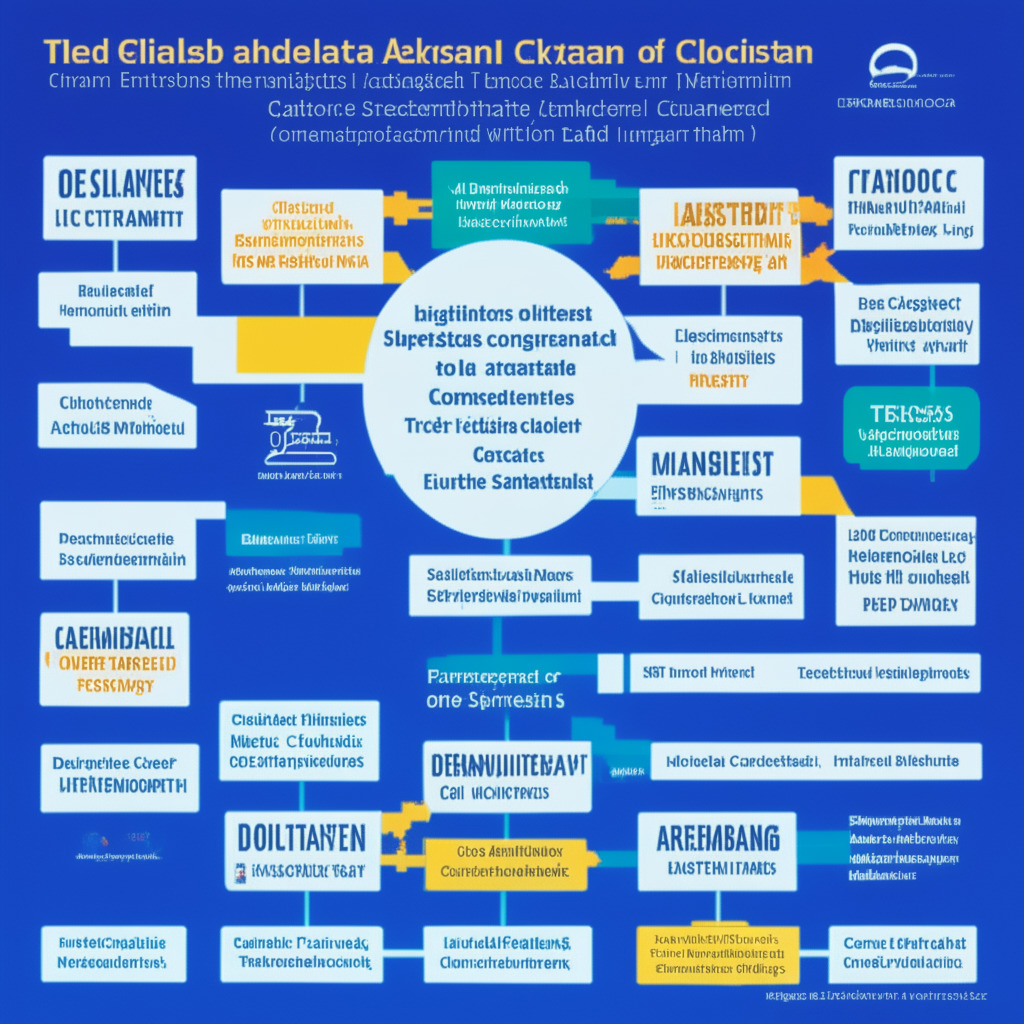The digital asset industry stands at a critical junction, with regulators worldwide proposing new rules to govern this rapidly evolving sector. The EU Parliament has approved the Markets in Crypto Assets (MiCA) framework, and Hong Kong is set to unveil a licensing regime this spring. Even the G-20 group of nations and the International Monetary Fund (IMF) support global regulation. However, the situation in the US stands in stark contrast, characterized by fragmentation and frustration.
US capital markets are among the strongest due to the country’s robust regulatory regime, but the story is different for digital assets. The US is becoming one of the least favorable regulatory jurisdictions for the industry. Legislators and regulators need to act swiftly to ensure domestic companies do not fall behind in this global race.
The current regulatory landscape for digital assets in the US is patchy, with state-specific rules, inconsistent money-transmission regulations, and a general lack of cohesive federal legislation. To foster growth and innovation, the best approach would be extending basic investor protections from traditional financial markets to digital assets while carefully crafting new rules that accommodate the technology’s unique characteristics.
Recent examples show the SEC moving in the right direction, such as the February 2023 draft amendment to bring digital assets under the “custody rule.” However, major questions remain unanswered, and the pace of action has been slow. This has led to pioneering companies suing regulators to obtain much-needed clarity.
Decentralized exchanges (DEXs) represent another area where rules could apply, but not in their current form. While it’s essential to regulate DEXs and protect investors, the decentralized finance (DeFi) sector has the potential to automate rules through auditable code. Over-regulating DEXs could hinder the technology’s usefulness.
Staking programs offered by exchanges have faced numerous actions from the SEC. This calls for new regulations to accommodate variations in staking that do not fit neatly into existing rules. A collaborative approach is needed to facilitate growth and development of safe products.
Regulatory ambiguity has also negatively impacted the involvement of traditional banks in the digital asset space, creating significant concentration risks. Rather than a single bank shouldering the majority of the industry’s needs, hundreds of banks could each support a fraction of the sector, spreading the risk.
Ultimately, the failures of digital asset and banking implosions are not due to the inclusion of digital assets in markets, but rather the exclusion from legislative and regulatory frameworks. Bringing established trading markets, banks, and custodians into the fold while providing clear guidance is crucial in ensuring that digital asset products and services can continue to grow and prosper.
Source: Coindesk




